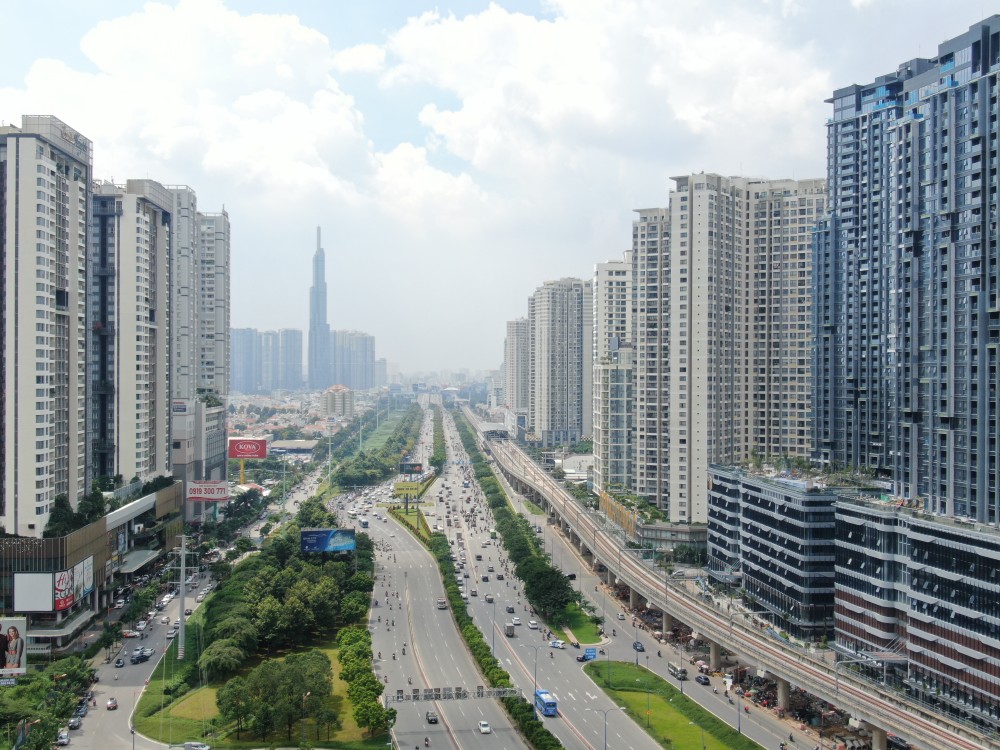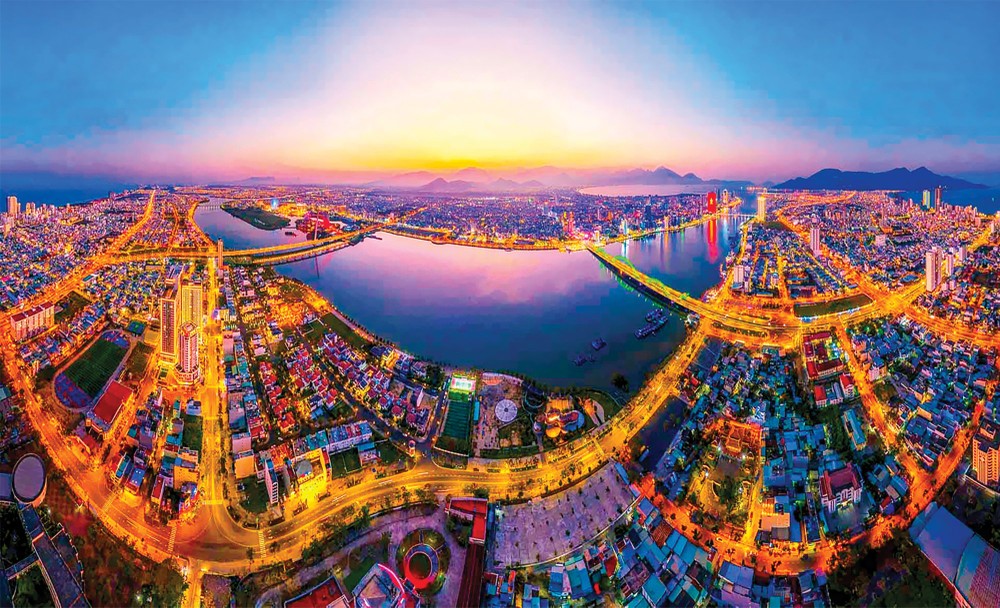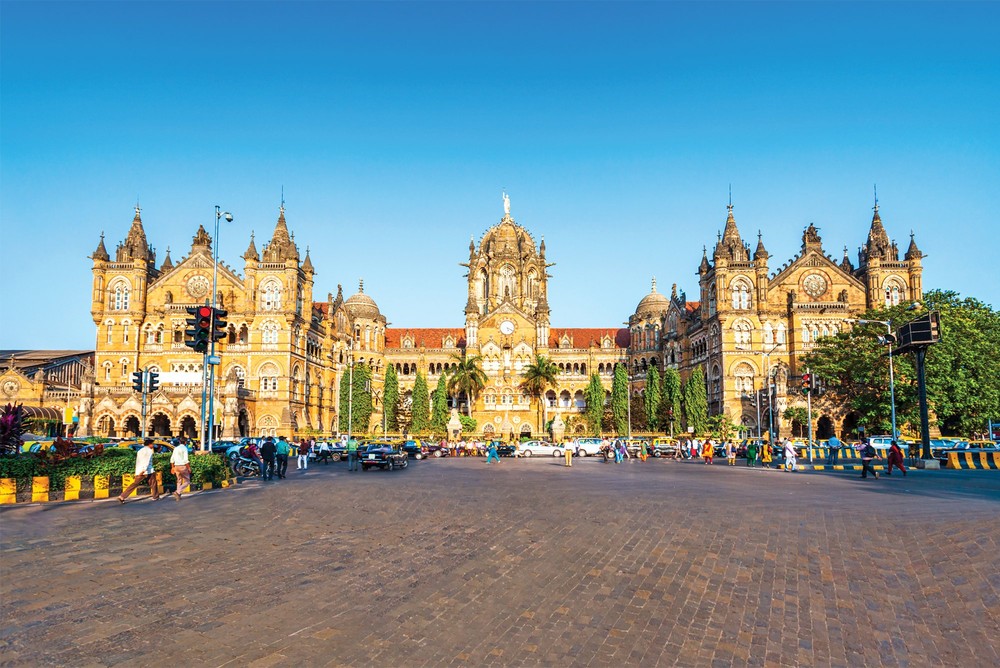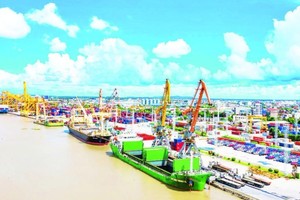
The Resolution of the 13th National Congress of the Party set out the task that the government will select several localities, urban areas and regions with special advantages to build a financial center with special institutions and mechanisms and policies which are highly internationally competitive while establishing a specific mechanism to promote the development of Ho Chi Minh City into an international financial market.
However, how Ho Chi Minh City-based international financial center will be developed while Da Nang City also has the ambition to become an international financial center.
Prime Minister Pham Minh Chinh signed a decision to establish a steering committee to develop the international financial project on October 6, 2023. Deputy Prime Minister Le Minh Khai was appointed to be Head of the Government Advisory Committee to study and coordinate with other related ministries and agencies in the process of developing regional and international financial center projects.
The international financial center in Ho Chi Minh City can be outlined with four main blocks including financial technology (fintech) and digital banking; financial market; Thu Thiem financial-commercial area; and commodity trading platform. Da Nang City also aims to become a regional financial center and national fintech center with a very special feature – the form of an offshore financial center.

The International Monetary Fund (IMF) believes that although offshore financial transactions are created legally, there are still many unclear points, such as tax evasion and money laundering. In 2007, the IMF officially defined offshore financial markets as a country or jurisdiction that provides financial services to non-residents on a scale many times larger than the size of the national GDP.
‘Small place, big money’ was the apt title of one of the first analyses concerning the position of the Cayman Islands in the international financial system. This tiny group of islands in the Caribbean with roughly 58,000 inhabitants and a domestic economy of less than US$3 billion has attracted foreign capital of over US$4,100 billion of international capital from international banks, hedge funds and FDI capital. According to this ratio, the Cayman Islands is by far the most intensive OFC in the world with foreign assets amounting to over 1,500 times Cayman's domestic economy.
Since 2000, the IMF, together with the Organization for Economic Co-operation and Development (OECD) and the Financial Action Task Force (FATF), have established compliance regulations on transparency in financial transactions to combat money laundering, terrorist financing and tax regimes, making offshore financial centers increasingly less attractive. Without tax incentives and secrecy, offshore financial markets are no different from international or regional financial markets in the traditional sense. It is no longer understood in the same sense as before that is between goodness (traditional international market) and evil (offshore market).


For instance, the traditional Dubai International Financial Center, which exists in the form of a free financial zone, has tax incentives and has the highest international class of laws, but because it operates like an offshore financial market while the government is difficult to manage, so it used to be on the money laundering gray list. Meanwhile, traditional international financial markets in Singapore and Hong Kong are also called offshore but have less disreputation due to better compliance management.
If Da Nang City wants to have an offshore financial center in the sense of a jurisdiction, the National Assembly may have to pass a separate Law or Resolution. In this case, it is likely that both Ho Chi Minh City and Da Nang international financial centers will have two separate regulations.
So what are the consequences if a country or region has fragmented and different regulations for international financial transactions?
On the opening of the 2020 Global Banking Summit, Mr. Axel Weber, Chairman of UBS and also former Chairman of the Bundesbank, when answering in the Financial Times said that the reason why Europe's leading international financial centers like Frankfurt and Paris cannot develop as well as London was because of fragmented regulations. Invisibly, everyone is participating in a zero-sum game, if one wins, the other must lose.
Nevertheless, if there is no fragmentation to avoid a race to the bottom, Ho Chi Minh City and Da Nang City may both apply the same regulatory framework. This will be in line with the trend of the increasingly blurred distinction between offshore and traditional financial markets. If so, the strength of Da Nang's offshore financial market could completely be shared, even overwhelmed by Ho Chi Minh City, but it is also possible that both will deform into a submerging pipe of international financial flows.
Developing international financial markets can also make mistakes due to partial thinking, or worse, for non-economic goals.
Ho Chi Minh City has organized many seminars and written projects on international financial markets for the past two decades, but the city still has not seen a way out because it is likely that some ministries and agencies have not been convinced. Now, the overlapping of offshore financial markets and Da Nang's fintech center makes the problem even more difficult, if not clever, it may be impossible to solve.
The steering committee should study many types of offshore financial centers in the world. Lessons from Mumbai and Gujarat in India can serve as a case for reference to avoid the mistake of a race to the bottom to find a feasible and very specific action plan to make the dream of Vietnam's international financial market in Ho Chi Minh City (or eligible areas) soon become a reality as proposed by the Resolution of the 13th National Congress of the Party.
























